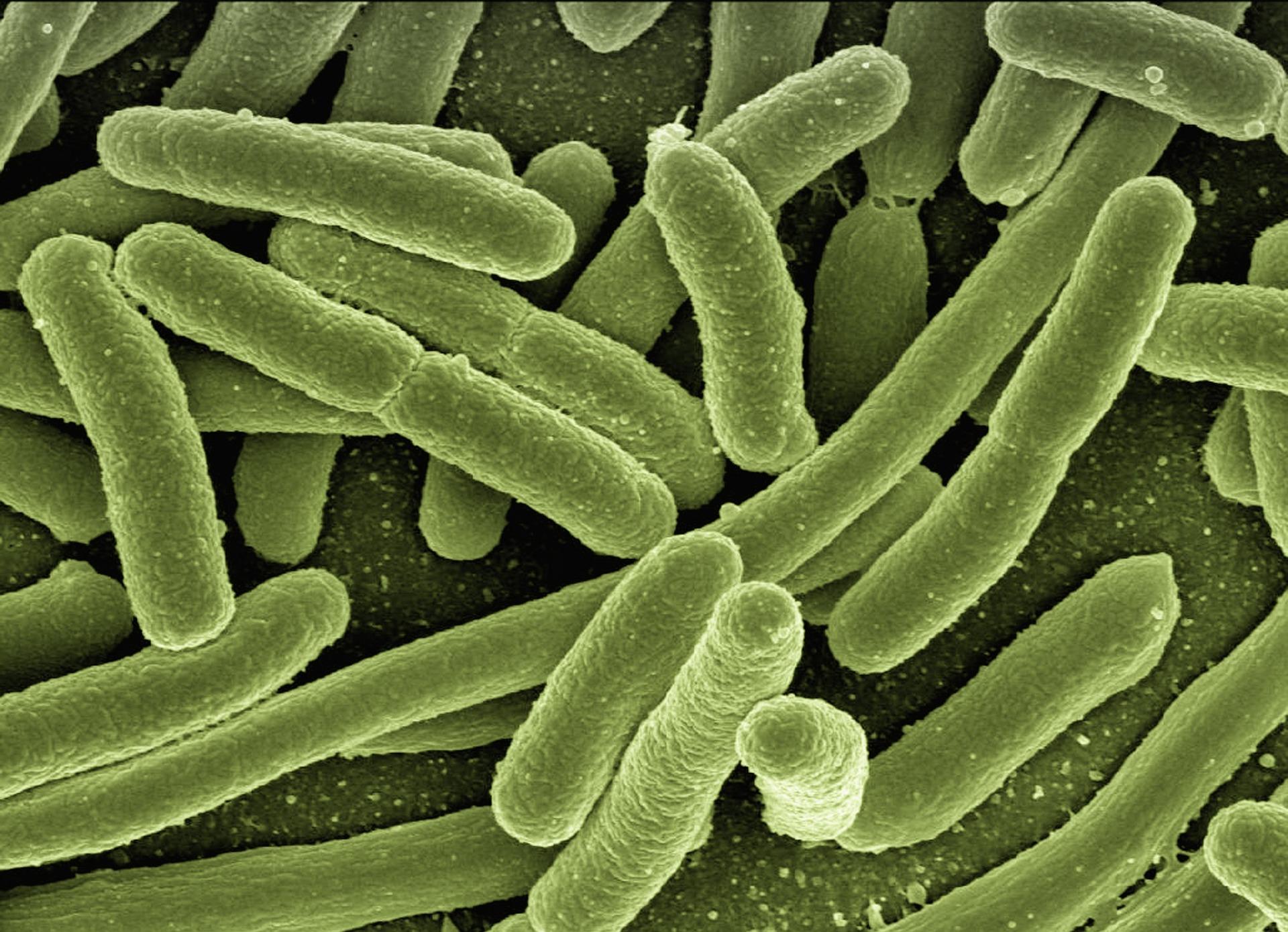Bacillus subtilis as a SARS CoV-2 vaccine platform
There are currently no specific therapies for the treatment of COVID-19. In this project, researchers develop a unique vaccine platform based on genetically engineered bacteria to control the Covid-19 pandemic.
Background
At least 198 vaccine candidates are under development, 42 of which are under clinical and 152 under pre-clinical evaluation. Unlike all these candidates in which inactivated or attenuated viruses, viral vectors, viral proteins, or viral nucleic acids are employed, our strategy is to use the bacteriumBacillus subtilisas a vaccine vector for the expression and presentation of SARS-CoV-2 antigens.
Research aims
The aim of this research project is to develop a vaccine based on recombinantB. subtilisdisplaying specific SARS-CoV-2 antigens and to investigate the SARS-CoV-2 antigen-specific immune responses induced in a mouse model upon vaccination. The bacteria will have no antibiotic resistance genes and will be biologically contained.
Expected results and envisaged products
B. subtilisis a commensal intestinal bacterium characterised by the formation of spores and biofilms. Genetically modifiedB. subtilisspores containing SARS-CoV-2 genes reach the small intestine after oral ingestion, where they germinate and develop into functional biofilms that present SARS-CoV-2 proteins on their surface and thus induce an immune response against the virus. The characterisation of the SARS-CoV-2-specific immune responses will initially be carried out in mice. This vaccination platform can easily be adapted to deliver other antigens such as new variants of SARS-CoV-2 proteins or epitopes from other pathogens.
Specific contribution to tackle the current pandemic
Treatment options for COVID-19 include immunological intervention and antiviral drugs. Among the immunological interventions, vaccines could be used both preventively and therapeutically. This research proposal aims to evaluate a novel vaccine platform based onB. subtilisbacteria to prevent SARS-CoV-2 infections. B. subtilisspores are highly resistant to heat and chemicals and can be manufactured at very large quantities and low costs. These properties makeB. subtilisan ideal candidate for a new vaccine platform.
Original title
A live, biologically-contained vaccine against severe acute respiratory syndrome coronavirus 2 (SARS CoV-2)

